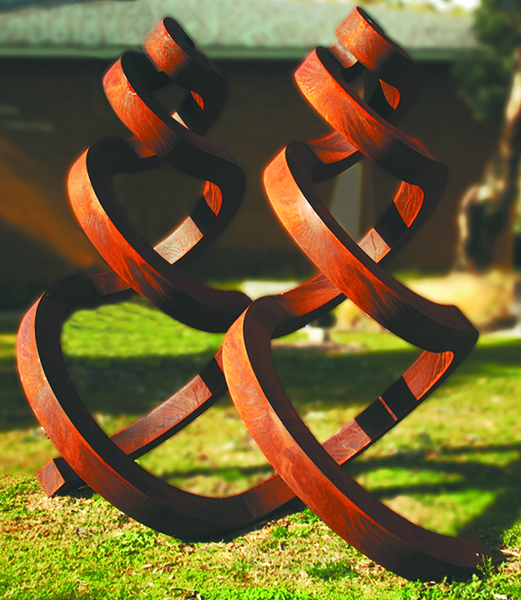About
- What is foreign interference?
- The University Foreign Interference Task Force (UFIT)
- How does foreign interference affect academic freedom at ANU?
- Who is the Foreign interference Advisory Committee (FIAC)?
- How does FIAC makes determinations on foreign collaborations?
- Countering Foreign Interference Framework
What is foreign interference?
We know international connections add value to your research, and we are committed to their continuation. The Australian National University is working with the government to manage risks associated with international collaborative projects. By declaring your foreign arrangements through the FIAC Submission Form, you can have peace of mind, knowing that you will be protected from foreign interference.

The University Foreign Interference Task Force (UFIT)
In 2019, the Australian Government and Universities formed UFIT to respond to new threats to Australia’s academic independence and freedom. The taskforce released guidelines to counter foreign interference in the Australian university sector and to help build greater resilience to threats, while respecting the importance of global collaboration.
How does foreign interference affect academic freedom at ANU?
At the core of ANU is its reputation for international collaboration and open science – these underpin our world-class research and academic staff. As we strive to protect ourselves from those who aim to exploit our connections, defending the positive aspects of global collaboration in academia becomes increasingly important and challenging.
Global arrangements and collaborations enable ANU staff and students to engage with our international partners, make groundbreaking discoveries and share knowledge for the betterment of society. However, it also exposes us to risks posed by foreign actors seeking to compromise our research, people and data.
Australia’s university sector is particularly vulnerable due to its leadership in policy, research, and scientific development. Our work generates sensitive information critical to the advancement of technologies, medicines, and practices that shape our society and economy. Foreign actors are increasingly targeting the Australian university sector, attempting to inappropriately influence course content, research directions, and the actions of our students and staff. Such attempts to manipulate academic discussions or silence public statements contradict our fundamental principle of academic freedom.
Safeguarding against foreign interference is crucial to preserve the university’s integrity and ensure the free exchange of ideas.

Who is the Foreign interference Advisory Committee (FIAC)?
FIAC is responsible for monitoring, advising and providing assurance to the University community on the management of foreign interference risks.
Members
Category | Member | Term expiry |
|---|---|---|
Deputy Vice-Chancellor (Research & Innovation), Chair | Ex-officio | |
Deputy Vice-Chancellor (Academic) | Ex-officio | |
Chief Communications Officer | Mr Steven Fanner | Ex-officio |
Vice President, Advancement | Mr Alex Furman | Ex-officio |
Chief Information Security Officer (acting) | Ms Shirley McCombe | Ex-officio |
Pro Vice-Chancellor (Graduate Research) | Ex-officio | |
Chief Operating Officer | Ex-officio | |
Dean, College of Asia & Pacific | Professor Helen Sullivan | Ex-officio |
Dean, College of Science | Professor Kiaran Kirk | Ex-officio |
Professional support
Executive Officer to DVCRI / Chair of FIAC | Nora Jain |
FIAC Secretariat | Gagan Shivashankar |
How does FIAC makes determinations on foreign arrangements?
FIAC makes determinations on foreign arrangements on the basis of assessed risk. Depending on the level of assessed risk, arrangements may be endorsed to proceed as submitted, may require some level of mitigation strategies in order to obtain approval to proceed, or may not be endorsed to proceed. It is important to note that more than 95 percent of applications are endorsed to proceed without conditions, and any actions that FIAC feels are required are developed in consultation with those affected.
Countering Foreign Interference Framework
The purpose of this Framework is to protect the Australian National University (ANU) from foreign interference and to strengthen the University’s protections against national security risks.